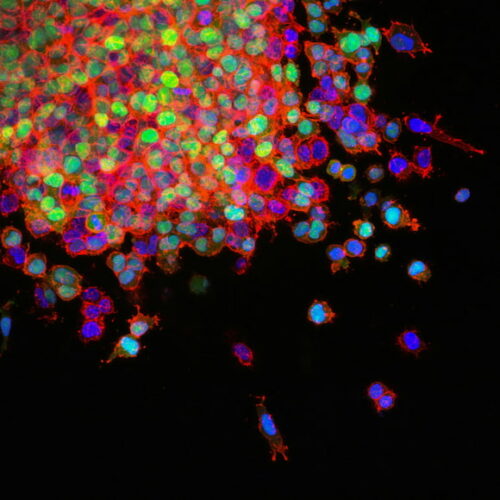
Climate Change Health and Care Systems
Governments should show climate and health ambition in their nationally determined contributions. BMJ.
• Policy Briefs
Explore Planetary Health
Browse or search our curated collection of research articles, tools, videos, and other Planetary Health resources. Featuring approximately 2,000 research articles and additional tools spanning a variety of thematic areas, our library has information on Planetary Health for every audience — whether you’re exploring the field for the first time, an educator hoping to engage Planetary Health in your classroom, a seasoned scientific researcher, or someone looking to making a difference in your community and in the world. New resources are added every month.
Contact us to suggest items to add to our library and sign up for our newsletter to receive updates on the latest additions.
All Resources
Climate Change Health and Care Systems
• Policy Briefs
Noncommunicable Diseases Nutritional Diseases
• Research & Reports
Health and Care Systems
• Guides & Frameworks, Research & Reports
Infectious Diseases Governance and Policy
Zoonotic diseases disproportionately impact low-resource countries. This study uses a One Health lens to examine how Peru selects priorities, chooses policies, and defines organizational roles in preventing and controlling zoonoses within complex multisector systems.
• Research & Reports
Climate Change Governance and Policy
• Policy Briefs





